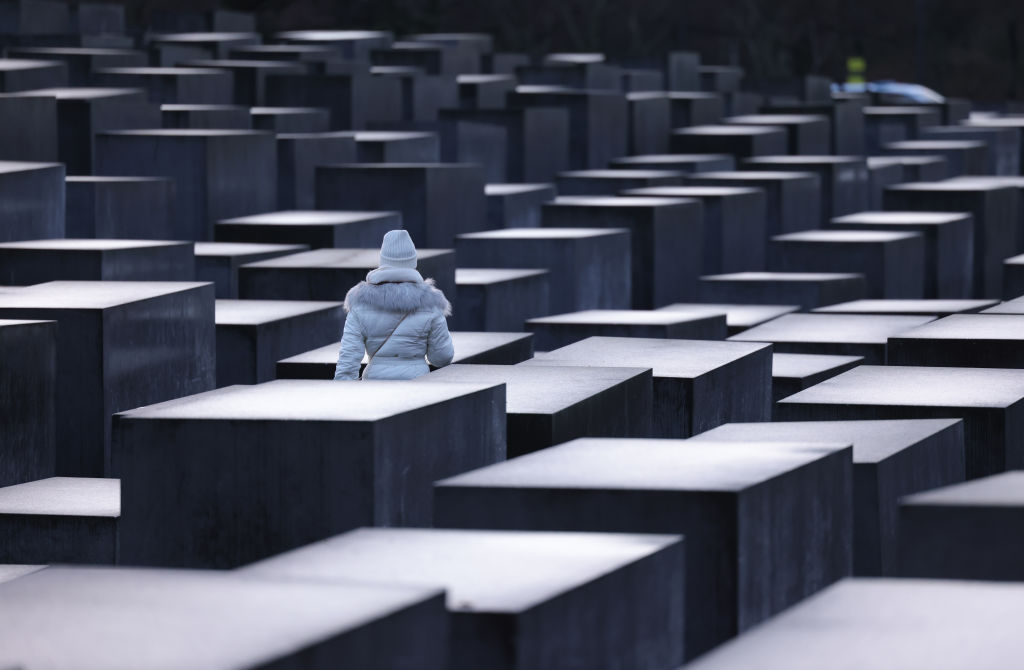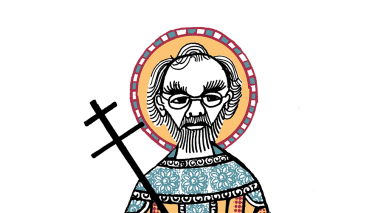As a child, I had to wash my hands before I was shown books of photographs depicting the ghettos and death camps so that I didn’t leave fingerprints on the pages. This wasn’t a Jewish custom, just the way things were done in our house. Looking back, however, it felt part of the rituals of memorial designed to prevent the atrocities of previous generations from slipping into the sands of time.
The Jews – the only people to have been persecuted in every single century of their existence – hold a culture rich in traditions of remembrance, all freighted with duty. Never mind books of photographs. On Passover we stayed up all night to relate the story of the enslavement in Egypt and the redemption. On Tisha B’Av, we fasted to commemorate the destruction of the Temple in 70AD, which precipitated the Jewish exile from the land of Israel. Holocaust Memorial Day – which is today – does not have such a formal religious significance, but it bears similar moral obligation.

Get Britain's best politics newsletters
Register to get The Spectator's insight and opinion straight to your inbox. You can then read two free articles each week.
Already a subscriber? Log in







Comments
Join the debate for just £1 a month
Be part of the conversation with other Spectator readers by getting your first three months for £3.
UNLOCK ACCESS Just £1 a monthAlready a subscriber? Log in